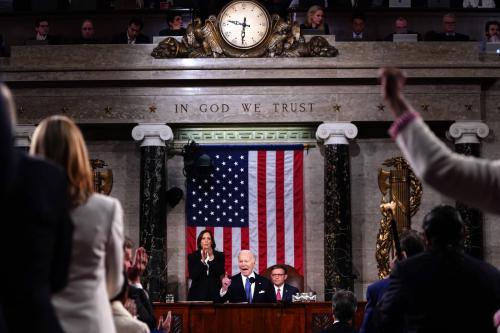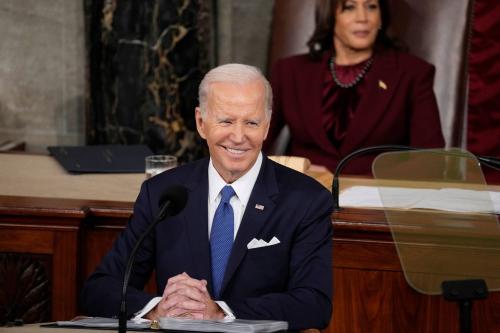I had the pleasure of spending Independence Day in my hometown, Charlottesville, Va. It’s more famously Thomas Jefferson’s hometown, and I spent the better part of the day at his house—Monticello.
Each July 4th, the Thomas Jefferson Foundation—the organization that preserves and operates Monticello—holds a very special celebration. In fact, for the last 52 years, the July 4th event at Jefferson’s home has combined two celebrations.
Obviously enough, the foundation celebrates Jefferson’s most cherished legacy—the Declaration of Independence. When Jefferson designed his own gravestone, he put his authorship of the Declaration at the top of the small obelisk, followed by his authorship of the Statute of Virginia on Religious Freedom, and being the father of the University of Virginia.
So, each year, the opening lines to the Declaration are read—dramatically so this year, by the sonorous voice of former Virginia State Supreme Court Judge John C. Thomas, including the world famous lines “We hold these truths to be self-evident, that all men are created equal, that they are endowed by their Creator with certain unalienable Rights, that among these are Life, Liberty and the pursuit of Happiness…”
Perhaps more dramatically each year, the foundation also celebrates the public oath of citizenship for several dozen newly naturalized Americans, and the conferring of U.S. citizenship on them by the local Federal Judge. Two decades ago, I had the joy of bringing my own immigrant mother to that event—and watched the tears of joy roll down her face.
The event features a guest speaker, which in the past have included Americans as diverse as gymnast Nadia Comaneci, Coca Cola CEO Muhtar Kent, musician Dave Matthews, General Colin Powell, and President George W. Bush.
This year, I had a front row seat. The honor had nothing to do with me… it was because Brookings co-Chairman, David Rubenstein, gave the valedictory remarks.
David’s speech was a moving—and entertaining—explanation of why the celebrations of Independence and Naturalization should be linked, and at this particular setting. David pondered the debates about what Jefferson meant by “all men are created equal,” and how that related to the essence of citizenship itself—as seeking private gain, but also contributing to the public good.
The most moving parts of David’s speech touched on why all Americans should thank the new ones for joining our ranks, and for making a country a far better place. “It is we the current citizens of this country, who should be grateful to you” for joining the American enterprise.
David’s speech chronicled how American lives and America’s national accomplishments have been enriched by generation after generation of immigrants. He honored his own grandfather, who immigrated from Russia with little more than the shirt on his back. He also chronicled a short list of great new Americans—Alexander Graham Bell, Andrew Carnegie, Henry Kissinger, Madeleine Albright, Martina Navratilova, Hakeem Olajuwon, John Lennon, Yo Yo Ma, Gloria Estefan, Saul Bellow, Elie Wiesel, Andrew Grove, Sergei Brin, Enrico Fermi, and Albert Einstein.
And of course, that doesn’t even begin to list the countless of less famous, but no less important new Americans who have come each generation to make America stronger, more prosperous, and more dynamic. People like my own mother and my grandparents.
I commend David’s speech to everyone. Happy Independence Day.
Here’s the link to the video, and also to the transcript.



Commentary
Independence, Immigration, and Citizenship
July 7, 2014